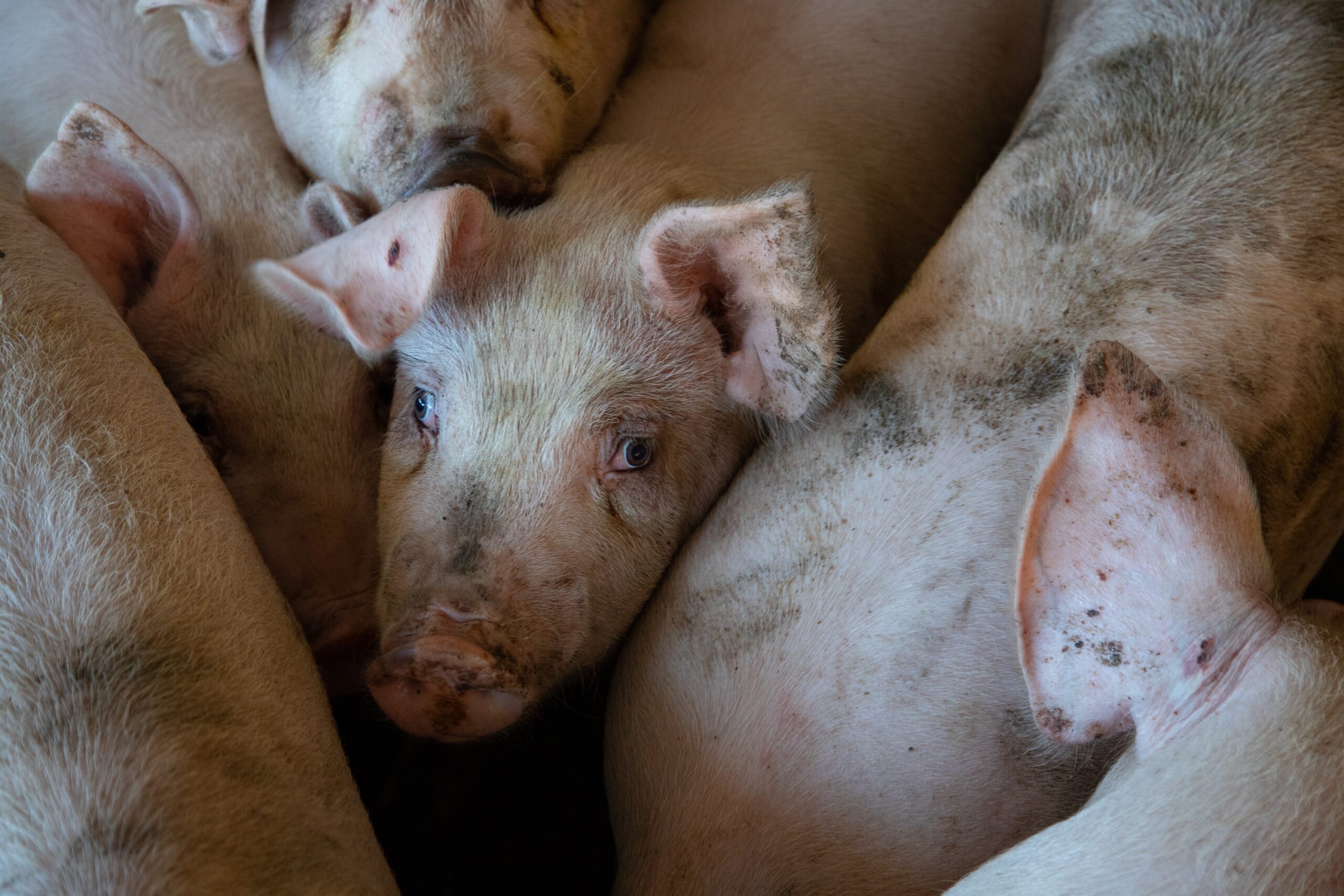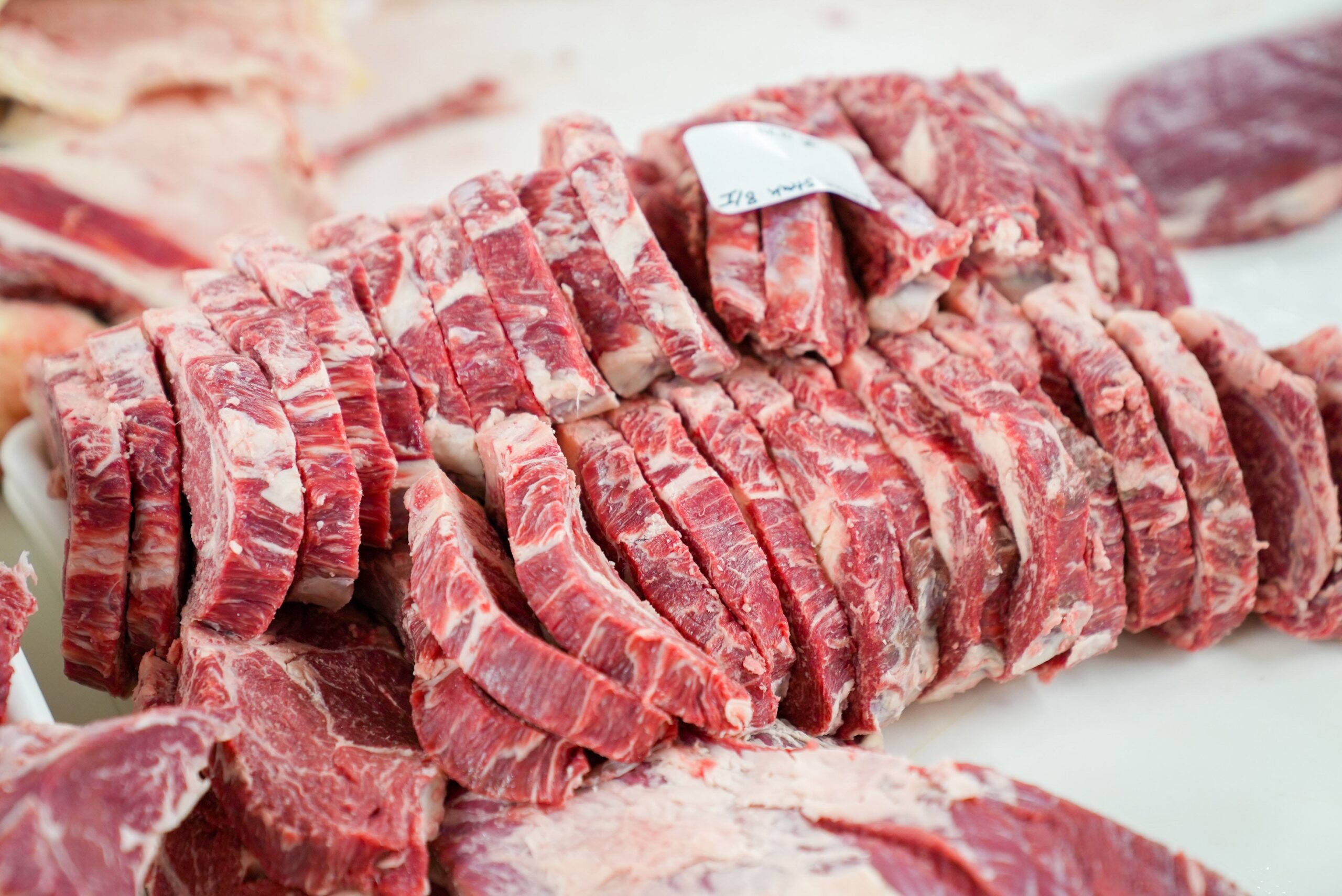The United States Supreme Court issued a unanimous decision in Devillier v. Texas, allowing Texas landowners’ takings claims to proceed against the State of Texas under an amended complaint. [Read Opinion here.]
Background
A group of Texas farmers, ranchers, and rural landowners filed an inverse condemnation action against the State of Texas, claiming that the Texas Department of Transportation’s (DOT) widening of I-10 intentionally caused widespread flooding on their property, resulting in a taking for which they were due just compensation.
The Plaintiffs brought takings lawsuits under both the Texas and United States Constitutions in Texas state court. Texas removed the cases to federal court where they were consolidated into one case. Texas then filed a motion to dismiss claiming that the Plaintiffs were not entitled to sue directly under the Fifth Amendment.
The district court denied the Motion to Dismiss. Texas sought an immediate appeal of that order and the question of whether property owners may sue under the Fifth Amendment without invoking Section 1983.
The United States Court of Appeals for the Fifth Circuit reversed in a one paragraph opinion, holding that the Fifth Amendment does not provide a right of action for takings claims against a state. See 53 F.4th 904.
The Plaintiffs sought review by the United States Supreme Court
US Supreme Court Opinion
Justice Clarence Thomas authored the unanimous opinion of the Court. [Read Opinion here.]
The Court noted that this case raised only a question regarding the procedural vehicle by which a landowner may seek redress for a taking. Typically, a lawsuit to invoke or assert a constitutional right is brought under the authority of another statute, such as 42 U.S.C. Section 1983. The landowner argued that claims under the Fifth Amendment are an exception to this, meaning that the landowner believes the Fifth Amendment is “self-executing” and a claim can be brought based solely upon the Fifth Amendment. Texas, conversely, argues that a claim under the Fifth Amendment must be based on a statutory basis.
The Court noted that “our precedents do not cleanly answer the question whether a plaintiff has a cause of action arising directly under the Takings Clause.” However, the Court continued, “this case does not require us to resolve that question.” The Court held that the Texas state law inverse-condemnation cause of action provides the vehicle for a takings claim based on both the Texas Constitution and the Fifth Amendment of the US Constitution. The Court held that because the landowners do have a state cause of action under which to litigate their federal Fifth Amendment claims, the Court need not address whether the Fifth Amendment is self-executing if no such statutory claim exists.
In order for the landowners to rely upon the Texas inverse condemnation action, they will need to amend their Complaint, but Texas assured the Court it would not oppose such an amendment.
Thus, the Court noted that the landowners should be permitted to pursue their Fifth Amendment claims under the Texas cause of action and can amend their Complaint to do so.
The judgment of the US Court of Appeals for the Fifth Circuit was vacated, and remanded the case.




